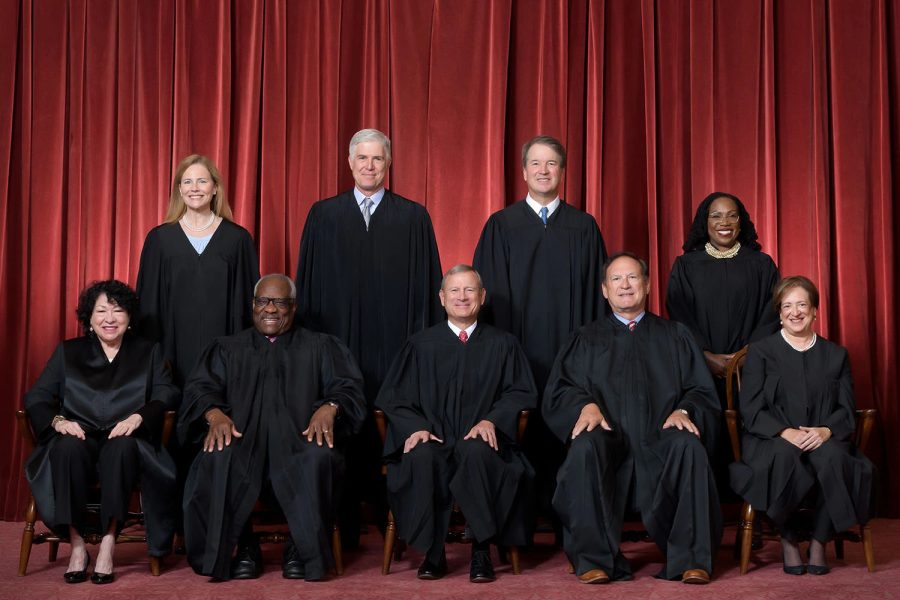HACKENSACK, N.J. — Internet chat rooms aren’t just great places for anonymous flirting or discussing unusual hobbies. They’re also a great place for terrorists to conspire with each other.
At least that’s what a group of researchers at Rensselaer Polytechnic Institute are thinking. And they persuaded the federal government, including the nation’s intelligence agencies, to give them $550,000 to figure out how such cabals can be uncovered.
On the face of it, a chat room seems like too warm and fuzzy a place to hatch a nefarious plot _ sort of like Tony Soprano ordering a hit while sipping latte at Starbucks.
But the professors at RPI, in Troy, N.Y., don’t see it that way. They think chat rooms are well suited for terrorists because the forums can be easily accessed from almost anywhere in the world, users can adopt any number of identities and, most important, a group of people can camouflage their conversations amid all the other chatter.
Think of it this way: Instead of meeting on a deserted street corner in the middle of the night, where two people conversing would stand out, the conspirators meet in the middle of Times Square at rush hour, and blend in with the crowd.
“The security lies in its overtness,” said Peter Chalk, a terrorism expert at the Rand Corp., a think tank. “You’re hiding in plain sight.”
To communicate “under the radar,” terrorists have been known to discard their mobile phones every week or so, or change their e-mail accounts just as frequently and log on only at Internet cafes, according to Bruce Berkowitz, another Rand researcher who now works for the Pentagon.
When RPI professor Al Wallace began his research six or seven years ago, he didn’t start out with the intention of ferreting out terrorists on the Internet. A 68-year-old professor of “decision sciences and engineering systems,” he focused on how people come to trust each other on the Internet.
After Sept. 11, 2001, when finding terrorists suddenly became a higher priority, Wallace and his collaborators in the computer science department took that idea in another, darker direction: If you can discern who trusts whom online, you also can discern who is conspiring with whom.
Wallace puts it this way: “What if you have groups out there that are working together, and we might want to find them, and they might want to remain hidden?”
Wallace’s group applied for funding from the National Science Foundation’s “Approaches to Combat Terrorism” _ an effort begun after Sept. 11 to tap the brains of the country’s academics to assist in the war against al-Qaida. NSF officials and the intelligence community, which includes the CIA, the National Security Agency and the Defense Intelligence Agency, decide which projects to fund.
What makes this research special is that it doesn’t rely on what people say to each other online. All that matters is who is messaging whom, and how often. In fact, the more secretive a group is, the more insular it is, and thus the easier it is to spot.
By ignoring the text of messages, a computer could process much more data. And it won’t be thrown off by clever attempts at linguistic subterfuge.
And, in Wallace’s view, this type of surveillance wouldn’t violate anyone’s privacy, because it’s not monitoring what people are saying. He considers it less intrusive than the “cookies” that many Web sites use to identify repeat visitors.
“I’m not going to be able to tell that it’s a terrorist group,” Wallace says. “All we’re going to say is, `Here is a group of people that’s been talking a lot, you ought to check them out.'”
That explanation doesn’t reassure Mark Rotenberg, the executive director of the Electronic Privacy Information Center in Washington. Although people aren’t being targeted for using words such as “Quran” or “civil aviation,” he says the research is based on another shaky premise: that people trying to disguise their communications are up to no good.
“I don’t believe that secrecy is inherently suspect,” said Rotenberg, who is also a part-time professor at Georgetown University Law Center.
The RPI researchers are now testing their algorithms _ a set of instructions that a computer can execute. Once they check out, Wallace said, the government will likely give them to a software developer to convert into a program that might be used by America’s spy agencies.
Wallace said the algorithms could be applied not only to chat rooms _ which are easy enough to monitor because they’re open to the public _ but also to conventional e-mail. Monitoring e-mail, however, is a much thornier proposition because it’s more private.
The federal government isn’t allowed to spy on U.S. citizens without a court order, but many intelligence experts are convinced it uses a 30-year-old system known as Echelon to suck up massive amounts of phone and data communications, including e-mail. Many experts believe the challenge isn’t intercepting the communications _ it’s finding suspicious communications amid all the chatter.
That’s where the RPI researchers might help. Rutgers University math professor Fred Roberts, who has heard their presentations at academic conferences, including one recently in New Brunswick, thinks their work holds promise.
“I think right now everybody is figuring out ways to make use of their skills,” said Roberts, head of Rutgers’ Center for Discrete Mathematics and Theoretical Computer Science.






















